It took me only a few minutes to discover that I would never make a good Nigerian politician. It was during my days at the University of Lagos. As students of Mass Communication, it was part of our training to produce a newspaper, called Unilag Sun, for the university community. Positions in the Editorial Team were filled through a democratic process. Candidates would be nominated and the class would vote. Waziri Adio, as the best student in class, was naturally nominated for the position of Editor. There was no opposition. I was so much into sports journalism in those days that the class unanimously agreed I should be the Sports Editor.
Now, follow this drama. After my nomination, a classmate, Bukola Raji, walked up to me and said he too was interested in being Sports Editor. Winking, he begged me to step down for him. I thought he was joking because he had not indicated interest all along ─ and he had actually kept quiet when the class was adopting me. I laughed. But he, in a low tone, pleaded: “No, Simon, I am serious. Please let me be the Sports Editor.” Since I was not desperate, in any sense, to be Sports Editor, it was so easy for me to accede to his request. I agreed to step down for him.
That was the day I failed the simple test of how to be a Nigerian politician. I lacked the basic ingredients: desperation and aggression. It was an ordinary position in a mere trainee newspaper, but that is how it starts. The deadly combination of desperation and undue aggression has turned elections into an unhealthy competition in Nigeria. We have a political culture where losers hardly agree that they have been defeated ─ there is always something or someone to blame. We have a political culture where people believe they have to adopt unfair means to win power ─ and they would stop at nothing in manipulating the process. Desperation. Aggression.
My biggest fear about the 2015 elections is the possibility of violence. No position is too small to attract violence. Some primary elections held earlier this month experienced violence. In Kwara state, for instance, the governorship primary of the Peoples Democratic Party (PDP) had to be put off as a result of tension. The Lagos state house of assembly primary of the All Progressives Congress (APC) in Ebute Meta went bloody, claiming four lives and leaving many others injured. You don’t want to imagine what could happen in the general election. The signals are not very exciting.
Advertisement
Former minister of foreign affairs, Professor Bolaji Akinyemi, recently wrote an open letter to President Goodluck Jonathan and Gen. Muhammadu Buhari warning about violence after the presidential election. He predicted that there would be trouble no matter who wins. He foresaw bloodbath in the North if Jonathan wins and violence in the Niger Delta if Buhari wins. He called on both candidates to sign an undertaking, to call their supporters to order, to conduct their campaign in good spirit.
Why do we experience election violence in Nigeria? Some politicians are so desperate to hold on to power ─ or grab power ─ that they will stop at nothing to fulfil their heart desires. In fact, one of the unwritten but clearly understood rules of the game is that you must budget for guns and goons ─ the same way you budget for printing posters. You can call the subhead “security”. You just must have killers. If you don’t comply with this rule, you are all on your own. Right from the electioneering, your supporters will be harassed. They will be injured or killed. What a shame.
But while this phenomenon can be described as “premeditated violence” ─ which is perpetrated mainly before and during an election ─ an attempt has been made to justify post-election violence on the ground that it is “spontaneous”. There is this belief that there is nothing politicians can do when their supporters decide to take laws into their hands on the account that an election has been rigged. The ensuing violence is “only natural”, according to those who believe in this justification. Post-election violence is sparked off by a feeling of “injustice”, they argue.
Advertisement
The problem with this explanation, however, is that an election does not need to be rigged before a politician’s supporters go on the rampage “spontaneously”. All they need is a feeling that it has been rigged. When people think their candidate is the most popular and should win, they could resort to violence if the results say otherwise ─ even if they have no concrete evidence to suggest that there was rigging. This, to me, is the most unfortunate trigger of post-election violence. Thinking your preferred candidate must be declared winner at all costs is similar to rigging, I think.
I refuse to accept the notion that all election-related violence is “spontaneous”. I think the conduct and pronouncements of politicians before, during and after an election play the biggest role in “spontaneous” violence. Desperate politicians and their unduly aggressive supporters make inciting statements that prepare the ground for bloodshed. When the seeds of hate are sown, especially when ethno-religious sentiments are mixed with unhealthy political rivalry, the stage is inevitably set for a combustion. If the results go the other way, “spontaneous” violence ensues.
If we look at the history of election violence in Nigeria, what we describe as “spontaneous” in most cases was actually borne out of desperation and undue aggression. In the Western region in the First Republic, Yoruba politicians were divided along the lines of those who wanted to remain in the opposition and those who wanted to be part of the ruling government. The battle line was drawn. People were tagged “quislings” and “bastards” for towing a separate political line. Of course, there was rigging in the 1964/65 elections, but the “Weti e” violence, which claimed over 2,000 lives, was not “spontaneous” in the sense that we use it. Bitter seeds were sown long before the election.
This same thing repeated itself in the West in the 1983 elections. Those who thought the Yoruba should align with the ruling party were pitched against those who believed they should not. The desperation and the undue aggression led to deaths and destruction, particularly in Oyo and Ondo states. Politicians went on TV to incite their supporters to employ self-help in seeking “justice”. They went wild. The bloodbath in the North in 2011 owed largely to sentiments over power rotation. When politicians say things like making the country ungovernable if power does not return to their region, you can hardly say the post-election violence is “spontaneous”.
Advertisement
I conclude. Under no circumstance should we promote or justify violence. Even if an election is rigged, the organic way of resolving it is to prove it in a court of law. Many elections have been upturned in Nigeria on the basis of litigation. If you lose at the court, you just have to move on with your life. It is not by force that you have to serve your “people”. If you were indeed moved by a genuine love for your community, you should never incite mayhem in the same community if you lose. Even if you feel a sense of injustice, bloodshed redresses nothing.
Meanwhile, INEC must conduct free, fair and credible elections. That is the starting point against election violence. Our politicians must learn to accept defeat or recourse to legitimate means to seek redress. All peace-loving Nigerians must come together and condemn election violence. The federal government must provide maximum security during the elections. That is the fundamental duty of government. No life should be lost because of an election. Nigeria is bigger than any politician ─ and the country is certainly more important than the political ambition of anybody.
AND FOUR OTHER THINGS…
PRESIDENTIAL DEBATE
Since we entered this democratic dispensation in 1999, presidential candidates of the Peoples Democratic Party (PDP) have traditionally, and arrogantly, avoided a TV debate with their biggest rivals. In 1999 and 2003, Chief Olusegun Obasanjo ignored Chief Olu Falae and Gen. Muhammadu Buhari respectively. In 2007, Alhaji Umaru Musa Yar’Adua avoided Buhari like a plague. In 2011, President Goodluck Jonathan controversially continued the tradition, leaving Nuhu Ribadu, Ibrahim Shekarau and Buhari to do the job. I don’t expect this tradition to happen again. Our democracy is reaching an advanced level. Avoiding a TV debate is totally unacceptable and unimaginable. Suicidal.
Advertisement
AMAECHI’S MUTINY
The first outing of Governor Rotimi Amaechi as the director-general of Buhari Campaign Organisation was a disaster. Buhari, a retired general who commanded almost all the divisions of the Nigerian army, will never justify mutiny under any condition or excuse. Amaechi, in continuation of his war of attrition with President Goodluck Jonathan, said he was in support of the mutineers. I have said over and again that there should be a limit to politicking. There are some boundaries we should never cross. There should still be something called the national interest in all this bitter political rivalry going on. Unfortunate.
Advertisement
LANGUAGE WATCH
Did you cringe, like me, when the PDP national secretary, Prof. Wale Oladipo, described the APC presidential candidate, Gen. Muhammadu Buhari, as “semi-literate jackboot” the other day? I was thrown off-balance. I had a similar feeling when the former APC chairman, Chief Bisi Akande, called President Goodluck Jonathan “kindergarten”. I shudder when people gleefully describe President Jonathan as “clueless”. I never feel comfortable with such language. You see, we are still Africans. While we’re free to criticise our leaders and elders, we must retain the culture of decent language. Name-calling and denigration are unhelpful. Semi-literate? Kindergarten? Dumbo? Too crude. Decorum.
Advertisement
CORRINGENDUM
Last week, I said no former governor or minister has been jailed by a Nigerian court since 1999 despite several corruption cases in court. I erred. In 2006, former governor of Bayelsa state, Chief DSP Alamieyeseigha, was jailed. But the point remains that something is wrong. We have over 20 ex-governors on trial and some of them have gone on to become senators and ministers. Somehow, it never looks like any of them will ever be brought to justice. It is clearly not a coincidence. The presidential candidates must debate what to do with the prosecution and the judiciary. Justice.
Advertisement
2 comments

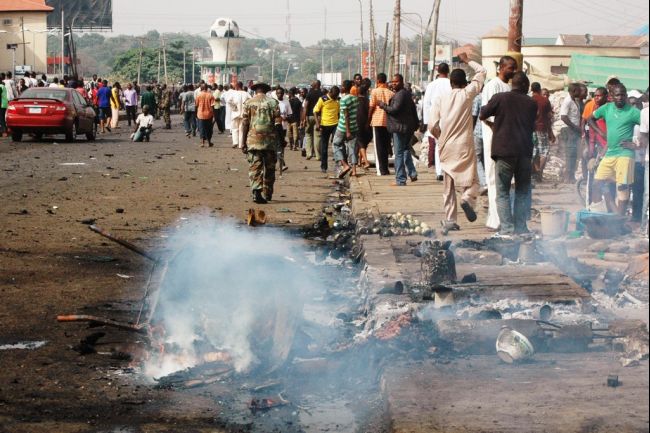

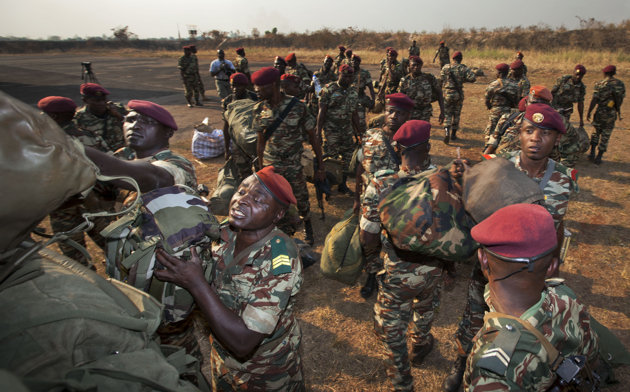
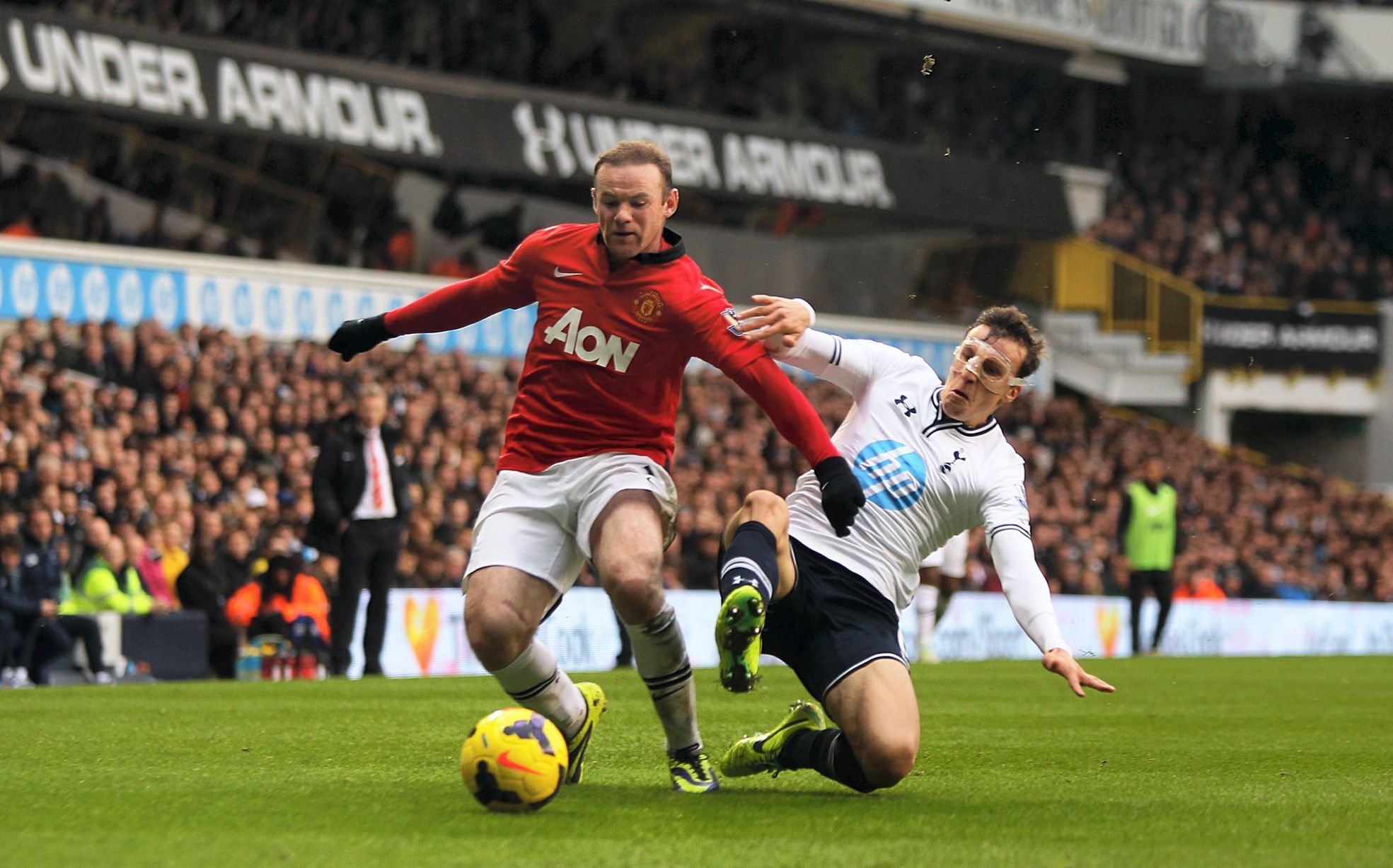

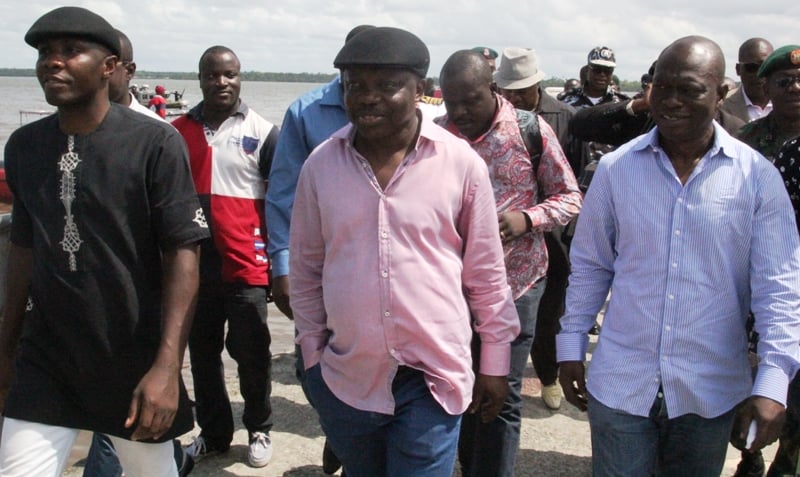
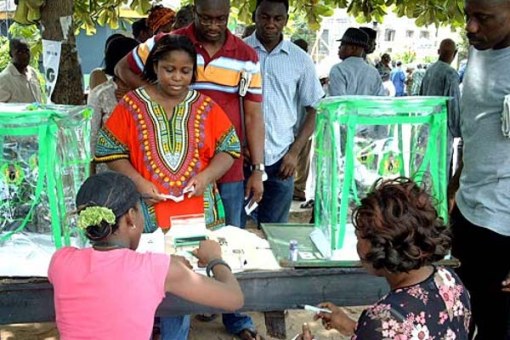
Serious food for thought! I hope it sinks into Nigerians’ brains and influence our mentality for once this time. Simon you are what a true leader is! A leader should be chosen, not desperately seek it by all means… “Baboons and apes will soak in blood” kind of statements that sparked violence, should seriously be checked! If you want to lead and are desperate, wahala dey o!
Spot on Musuru!